Results
-
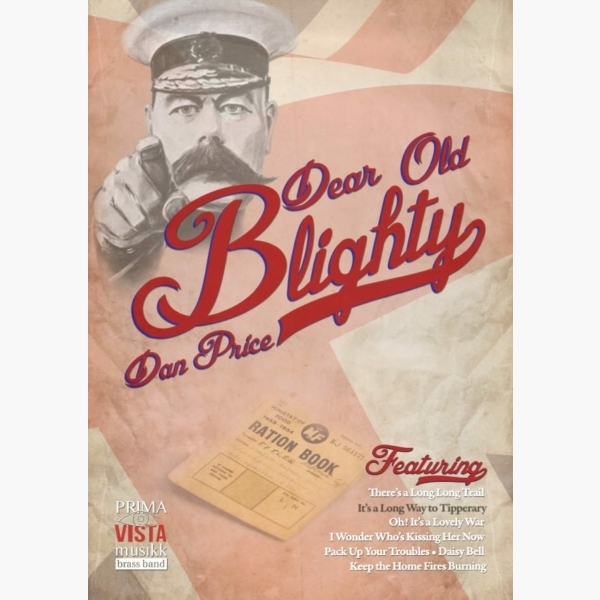 £34.95
£34.95Dear Old Blighty - Dan Price
Commissioned in 2014 by the Flowers Band and premiered at the Cheltenham Music Festival in the same year, Dear Old Blighty is a creative arrangement of songs popular in 1914 and of those released during the World War I period....
Estimated dispatch 5-7 working days
-
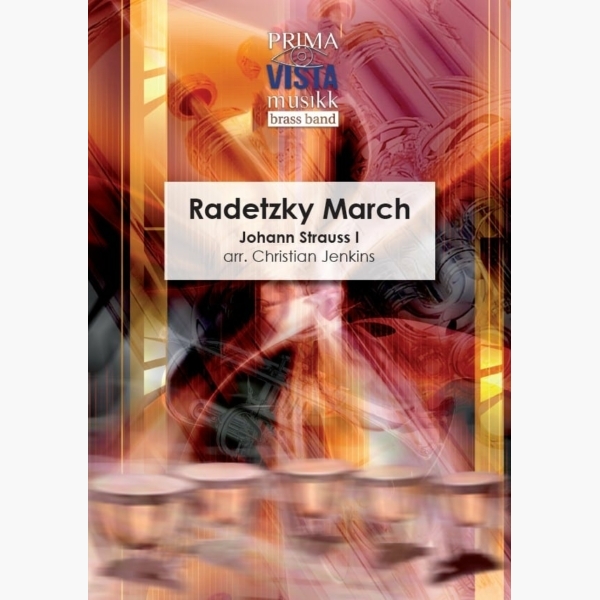 £24.95
£24.95Radetzky March - Johann Strauss I - Christian Jenkins
First performed in Vienna on the 31st August 1848, the Radetzky March is one of Strauss' most enduring pieces. It was commissioned to celebrate the Austrian Empire's victory over Sardinia at the Battle of Custoza earlier that year, and was...
Estimated dispatch 5-7 working days
-
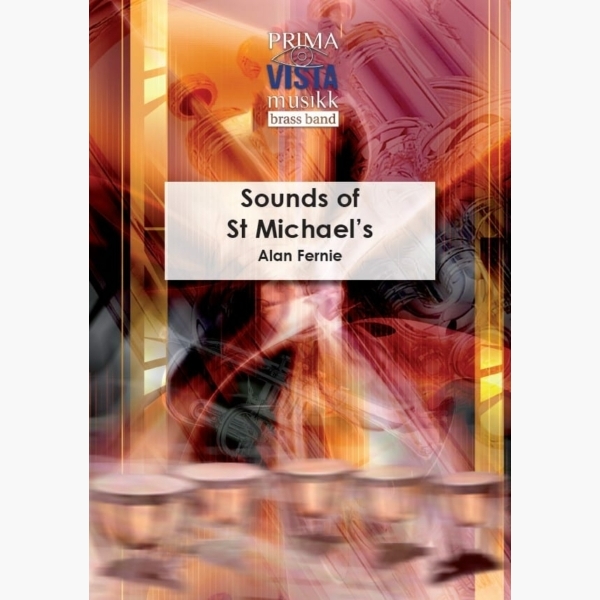 £34.95
£34.95Sounds of St Michael's - Alan Fernie
Sounds of St Michael's was commissioned and premiered by Martlesham Brass (Suffolk) in 2016 to help commemorate their 20th anniversary. The band rehearse in their local church, St Michael's, and the piece reflects, perhaps, a year in the life of...
Estimated dispatch 5-7 working days
-
 £24.95
£24.95Troldhaugen - Jonathan Bates
Troldhaugen was composed especially for Rosie Hughes, Flowers Band's Principal Horn and 2013 Player of the Year. This luscious solo for Tenor Horn, incorporates snapshots of 'Morning' from Edvard Grieg's 'Peer Gynt' as a basis for the work's melodic material,...
Estimated dispatch 5-7 working days
-
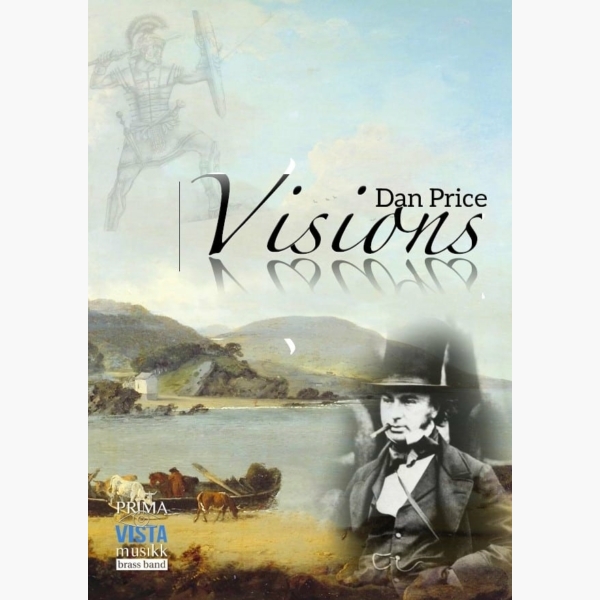 £64.95
£64.95Visions - Dan Price
Visions was commissioned by the Briton Ferry Silver Band as part of its centenary year celebrations in 2010. Visions is an extended work which paints a historical, musical portrait of the small town of Briton Ferry (Llansawel), located at the...
Estimated dispatch 5-7 working days
-
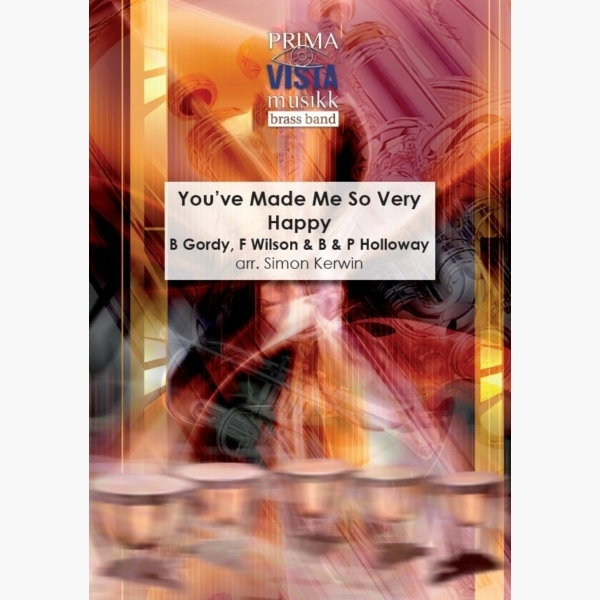 £29.95
£29.95You ve Made Me So Very Happy - Berry Gordy, Frank Wilson & Brenda & Patrice Holloway - Simon Kerwin
"Blood, Sweat & Tears" was formed in 1967 and their second album was released on December 11th 1968. The album generated 5 Grammy Awards, including 'Album of the Year' and 'Best Performance by a Male Vocalist'. You've Made Me So...
Estimated dispatch 5-7 working days
-
£34.95
SOUTHERN CROSS, The (Brass Band Set) - Brian Bowen
The Southern Cross is one of several excellent marches by Brian Bowen in which he carried on the more sophisticated pattern of British marches by Wilfred Heaton, Leslie Condon and Ray Steadman-Allen. It was written for the Box Hill (Australia) Corps jubilee celebrations in 1970 and formed part of the band's repertoire when it toured Great Britain in the same year. The first half of the march features part of the song, 'March on!' by Klaus Ostby, an early pioneer of Salvation Army music in Scandinavia. The contrapuntal layering of melodies in the trio, especially in the finale where 'March on!' sounds one more triumphant time, is notable, as is the shift to a slower, more stately tempo. The harmonic and rhythmic style also represents the more modern sounds of Salvation Army brass band music in the late 1960s and early 1970s. Right from the opening gestures, listeners at early performances knew that a page had turned in the evolution of the Salvation Army march.
Estimated dispatch 7-14 working days
-
£29.95
ARMY OF GOD (Brass Band Set) - Emil Soderstrom
This march was awarded first prize in the 1930 American Golden Jubilee National Music Competition and was published the same year in the first edition of the American Festival Series. It was subsequently re-printed in the General Series of 1984. Soderstrom's imaginative use of syncopation and chromatic harmony brought a new, American sound to the Salvation Army march. For example, he took the old Salvation Army fight song Hark, hark my soul written and changes its metre from 6/8 to 4/4 while also syncopating it!
Estimated dispatch 7-14 working days
-
£29.95
ROUSSEAU (Brass Band Set) - Ray Ogg
Rousseau takes its name from a melody turned hymn tune attributed to the 18th century philosopher and composer. The composer, during his one year tenure as Bandmaster of the Chicago Staff Band, studied harmony with Emil Soderstrom and the march was the ultimate result of these studies.
Estimated dispatch 7-14 working days
-
£34.95
COVENANTERS, The (Brass Band Set) - Kenneth Downie
In 1638, many members of the Presbyterian Church of Scotland signed a document called the National Covenant. By doing so, they were declaring that they acknowledged only Jesus Christ as the spiritual head of their church, and not any king or queen. This had become necessary because the Stuart kings believed in the Divine Right of Monarchs and saw themselves as head of the church. In the previous year, Charles I had forcibly introduced the Book of Common Prayer, invoking the wrath of the common people who faced the threat of torture, transportation or execution if they did not use the new liturgy and worship at their local church. The net result of this was that many met illegally in the countryside or in barns and large houses. These meetings became known as 'conventides' and many took place in the south-west of the country. Anyone caught attending was at risk of execution by the muskets of the dragoons who were employed in the area for that specific purpose. This music was written to honour the bravery and loyalty of these Christians to their faith, in the face of extreme danger, in the hope that it will inspire us also to be faithful. There are overtones of military threat, secrecy and solidarity. An old pentatonic tune is used, which the composer heard as a boy being sung to the words The Lord's My Shepherd.
Estimated dispatch 7-14 working days
